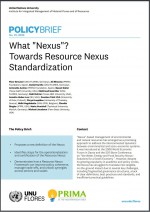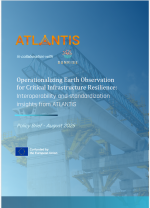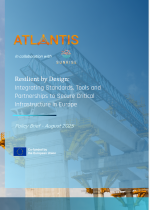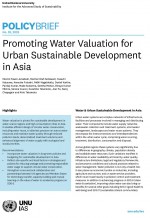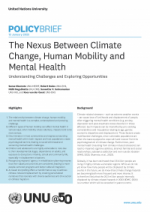Detecting Information Voids During Floods in the Central European Region
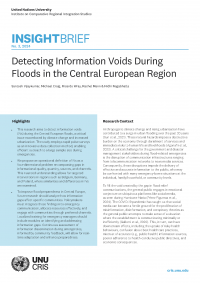
This research aims to detect information voids (IVs) during the Central European floods, a critical issue exacerbated by climate change and increased urbanization. The study employs rapid pulse surveys as an innovative data collection method, enabling efficient outreach to a large sample size during emergencies.
We propose an operational definition of IVs as a four-dimensional problem encompassing gaps in informational quality, quantity, sources, and channels. This nuanced understanding allows for targeted interventions in regions such as Belgium, Germany, and Poland, where similarities and differences in IVs are examined.
To improve flood preparedness in Central Europe, future research should analyze how information gaps affect specific communities. Policymakers must integrate these findings into emergency communication, allocate resources effectively, and engage with communities through preferred channels. Localized training for emergency managers should include modules on identifying and addressing information gaps. Continuous assessment of information dissemination during emergencies, informed by community feedback, will allow for real-time adaptation and enhance preparedness.

